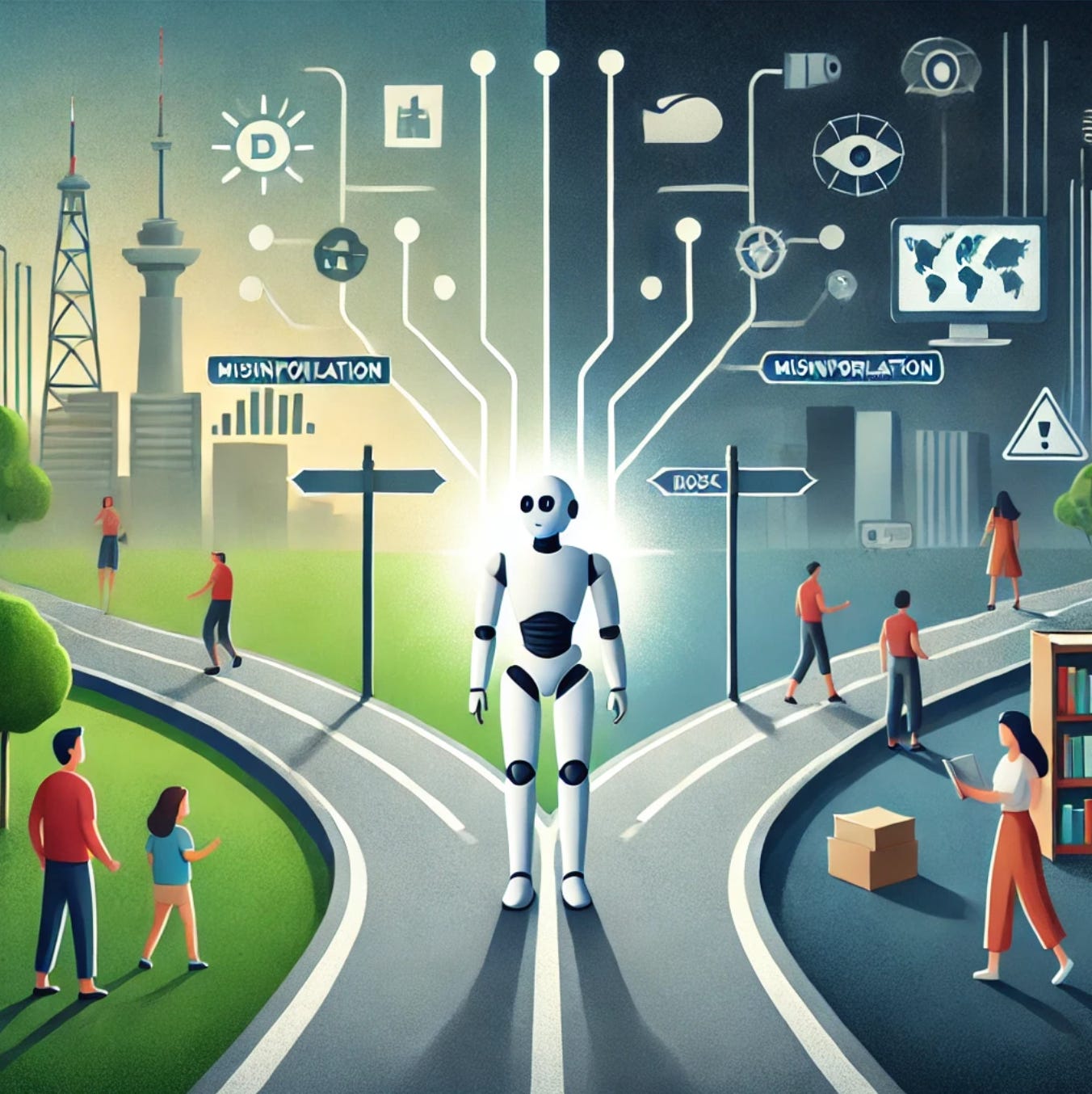How chatbots could spark the next big mental health crisis
What’s happening: New research from OpenAI and MIT suggests that heavy usage of chatbots like ChatGPT correlates with increased loneliness and reduced real-world social interaction.
Who is involved:
OpenAI & MIT Media Lab: Conducted two studies tracking over 5,000 users.
Power users: The top 10% of users (by time spent) reported more loneliness and emotional dependence.
Chatbot platforms: Character.ai, Replika, and Nomi are marketing bots as emotional or romantic companions.
Lawmakers: Watching AI closely as parallels emerge with social media’s mental health fallout.
Zoom in: The studies don’t claim chatbots cause loneliness — but highlight a feedback loop: lonely people seek connection through bots, which may deepen isolation. OpenAI researchers urge the industry to design bots with “socioaffective alignment” — prioritizing user well-being over engagement.
Why it caught my attention: While affective computing promises emotional support, it’s troubling that these tools may push already-isolated individuals further into loneliness. It echoes MIT’s own efforts, like The Guardian, to use tech for good — yet here we see how design choices can create the opposite effect. The line between therapeutic support and emotional exploitation is thin — and too easily crossed.
Source: Platformer
Delete your DNA from 23andMe right now
What’s happening: 23andMe filed for bankruptcy, triggering serious privacy concerns about the fate of genetic data from 15M+ users. California’s Attorney General issued a rare “consumer alert” urging people to delete their DNA from the company’s systems.
Who is involved:
23andMe: Once a $6B genetic testing pioneer, now valued at ~$50M and in bankruptcy court.
CEO Anne Wojcicki: Resigned but remains on the board to pursue buying back the company.
California AG Rob Bonta: Urging consumers to delete their data and destroy samples.
Privacy advocates: Warn of potential misuse if DNA data is sold, hacked, or repurposed.
Zoom in: 23andMe suffered a massive breach in 2023, exposing data from 7M users. Now, in bankruptcy, your DNA could be treated as an asset — possibly sold or transferred to a buyer. U.S. laws like the California Consumer Privacy Act give users the right to delete their data, but you must act proactively.
Why it caught my attention: We live inside sprawling socio-technical systems that harvest our most personal data — even our genetic code. The 23andMe collapse is a wake-up call: no tech company is “too big to fail,” and users must know how to reclaim control. Data permanence + corporate instability = a risky mix.
Source: Washington Post
The AI revolution is here. Can we build a Good Robot?
What’s happening: A new podcast series, Good Robot, explores the intensifying debate over AI’s future — from existential threats to real-world harms — and the people shaping it. With AI rapidly evolving, the stakes over what kind of intelligence we’re building are higher than ever.
Who is involved
AI leaders: Elon Musk, Sam Altman, and other tech visionaries torn between ambition and fear.
Critics & ethicists: Raising alarms over biased algorithms, deepfakes, misinformation, and the ethics of automation.
Future Perfect & Unexplainable: Vox's reporting teams diving into the ideologies behind AI development.
Everyday users: Now directly affected by AI in hiring, healthcare, education, and more.
Zoom in: The series contrasts longtermist fears of rogue AGI turning us into paper clips with pressing, current issues like surveillance, bias, and job displacement. It also confronts AI’s philosophical dilemmas: Can it be ethical? Should it act like us? What happens if it does?
Why it caught my attention: As someone actively using AI to brainstorm and write, this series hits home. It forces reflection on how AI fits into creative work — not just as a tool, but as a force reshaping how we think, collaborate, and define intelligence.
Here are the links to the episodes:
Good Robot #1: The magic intelligence in the sky
Good Robot #2: Everything is not awesome
Good Robot #3: Let’s fix everything
Good Robot #4: Who, me?
Source: Vox


